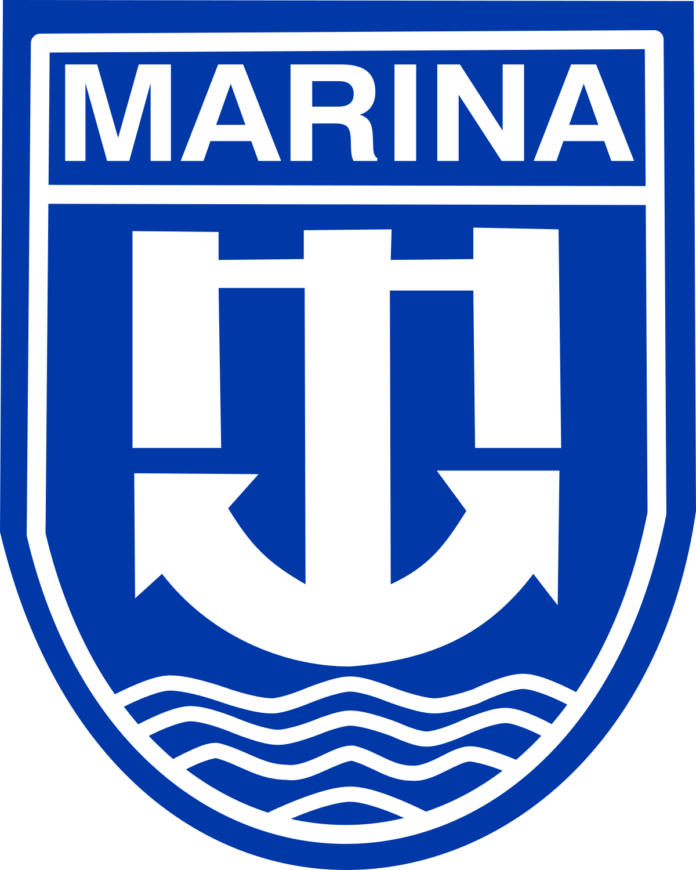-
Maritime Industry Authority (MARINA) is preparing a four-year roadmap to modernize its IT equipment and facilities and automate processes nationwide
-
The 2021-2024 roadmap will support implementation of the 10-Year Maritime Industry Development Plan
-
Initiatives for rollout in 2021 include an electronic payment system, integrated domestic shipping information system, and online health monitoring system
-
Also being developed is an e-library system and a blockchain-enabled automated certification system
The Maritime Industry Authority (MARINA) has begun preparations for a four-year roadmap that will modernize its information technology equipment and facilities, integrate and develop information systems, and automate its processes nationwide.
The roadmap covers the period 2021 to 2024 and supports implementation of the 10-Year Maritime Industry Development Plan (MIDP), particularly the establishment of a Maritime Knowledge and Innovation Center.
In a recent virtual workshop on MARINA’s Information Systems Strategic Plan, it was revealed that more than 300 desktop computers currently in use were acquired more than six years ago, and that the internet connectivity in most of MARINA regional offices has relatively low bandwidth.
For the roadmap program, MARINA will tap, at least for this year, its available funds currently under safekeeping by the Philippine International Trading Corp., according to MARINA administrator Robert Empedrad.
Initiatives for 2021
In the areas of digital transaction, systems development and deployment, MARINA will roll out the following initiatives in 2021:
- An electronic payment system through the LinkBiz portal of the Land Bank of the Philippines for all MARINA transactions other than the issuance of Certificates of Endorsement, Certificates of Proficiency, Seafarer Record Book and the Seafarer Identity Document
- Phase I of the integrated domestic shipping information system (IDSIS-1), an online facility for the filing, evaluation, payment and processing of domestic shipping-related applications such as accreditation of shipowners/operators, vessel name clearance, ship acquisition, vessel plans approval, ship construction certificate, tonnage measurement certificate, issuance of certificate of ownership/certificate of Philippine Registry, and issuance of coastwise license, bay and river license, and pleasure yacht license
- An online health monitoring system for seafarers, stakeholders and visitors to facilitate contact tracing of individuals who may be falling ill from the coronavirus. The system requires clients to scan a quick response code through their mobile phones before entering MARINA premises nationwide.
- Centralized portal for the online help desk for stakeholders with concerns in order to facilitate their resolution. The system automatically generates a ticket reference number for issues submitted through the portal as well as a PDF copy of the issues, and sends these to the registered email of the concerned individual.
- Human resources management information system, which is an online tool used to manage records of MARINA employees, as well as to post human resources-related transactions such as leave and payroll. This system will be made available to all MARINA offices nationwide.
- Municipal fishing vessel information system, which is being developed to assist various local government units and relevant government agencies mandated to regulate the registration of small boats below 3 gross tonnage. The system is a way to enhance the administration and implementation of maritime safety in coastal areas in the country.
MARINA is also currently developing the following systems:
- MARINA e-library system, which will serve as a portal for the repository of maritime-related publications produced for academic researches, policy development, and project management, among others
- Phase II of the integrated domestic shipping information system. The second phase will allow the online filing, evaluation and payment, remote encoding of ship inspection data and subsequent issuance of the different ship safety inspection certificates such as the following: Passenger Ship Safety Certificate, Cargo Ship Safety Certificate, Cargo Ship Safety Construction Certificate, Cargo Ship Safety Equipment Certificate, Fishing Vessel Ship Safety Certificate, Exemption Certificate, Certificate of Fitness for the Carriage of Liquefied Gases in Bulk, and High-Speed Craft Safety Certificate
- MARINA blockchain-enabled automated certification management system, a web-enabled information system that guarantees the authenticity and security of documents or certificates stored in the MARINA database. To be developed and implemented in several phases, this blockchain technology targets seafarer-related certificates for the first phase before embarking on other issuances and certificates.
A periodic audit and assessment of existing information systems will be conducted to sustain systems integrity and the security of data of stakeholders in the MARINA database. – Roumina Pablo





